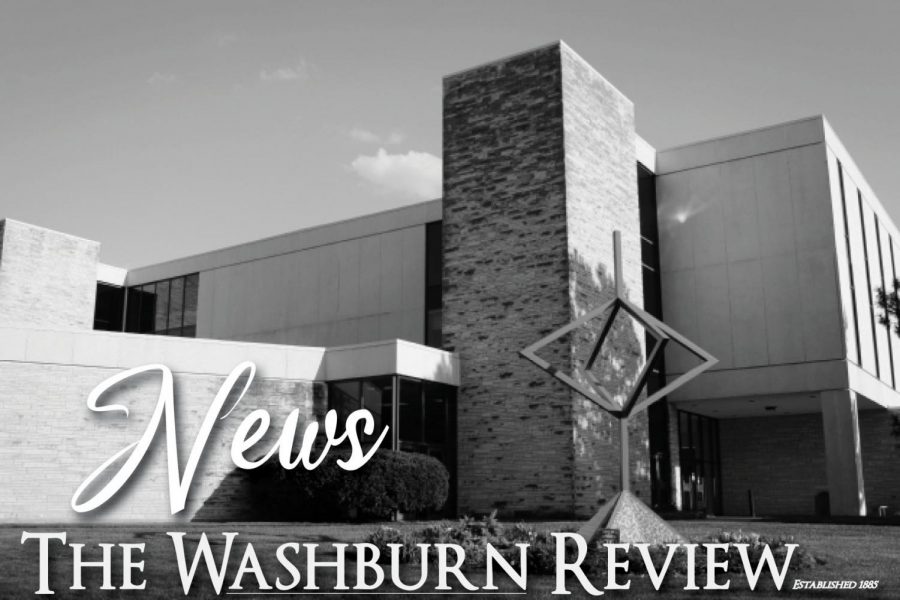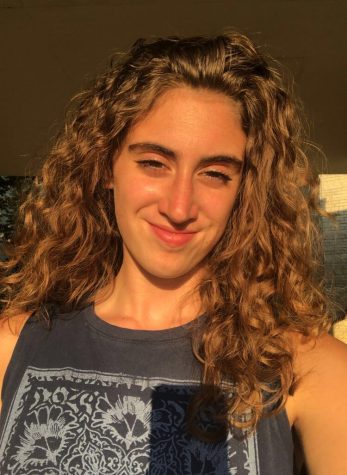2019 fall semester stresses everyone out
February 3, 2020
The fall semester of 2019 was a seemingly stressful time for students, professors and advisors.
Some might say that the fall of 2019 was the most stressful time of college experiences. This leads to many conclusions and realizations that people had across the board.
“Now that I’m remembering this,” said Rose Taylor, junior cello performance major. “My fall semester was actually the best semester I’ve had at Washburn. I moved out of my ex-boyfriend’s house.”
Taylor noticed patterns from her previous semesters and realized she to build more structure into her days. Being physically required in places at specific times improves her memory and provides a concrete schedule.
“We all have these dreams of what we want to do when we grow up, but when we get to this stage, it’s like ‘You do it now or else it’s not going to happen,’” said Taylor. “I had an epiphany at the beginning of last semester. I said: ‘This is it. This is what college is. I need to do it if I want to earn a degree.’”
While, structure relieves stress; it is also a stress inducer. How much time goes into studying? How much time can be spent being human, eyes away from the textbook?
“It was stressful in terms of time management,” said Brie Bradshaw, senior history major. “It was a little bit of a rough transition of getting out of the summer mindset and back into school. Summer, in my head, was still going on until week four.”
Bradshaw, allowed herself to schedule time for hard subjects, or ones that take extra time. But an overlooked factor that many forget when pressed with deadlines and events, taking the time to focus on what matters: yourself.
“From what I’ve seen from the students I have Peer Educated,” said Bradshaw. “Self-care and self-prioritization are the very first things to go out the window. I’ve seen that with professors and students. In my own mental health journey, I’ve had to recognize that for myself.”
According to academic advisor, Collin Chase, different factors such as external events, academic mismatch, involvement concerns, economic factors, transition effects and college navigation play a significant role in the semesters of students.
“A lot of students at Washburn are trying to do full-time work, full-time studies, and help support their families,” said Case. “They end up taking far too many classes, given their other obligations. The one thing that is considered optional within all of that, is school.”
Through Navigate, a data management system, Case is able to view the amount appointments that were made through him, which shows an increase in the amount of people needing academic advising. In the Fall of 2018, 203 students met with Case, compared to Fall of 2019, 332 people.
“Generally speaking,” said Case. “I think some of that was more on the our side of things more than the students’ side. But students in the fall semester seem more consistent in the issues that emerge.”
Learning how things change is what Ashley Maxwell, professor of anthropology and sociology notices as she discovers what needs to change in her curriculum. Finding a good way of adapting is by student surveys. Maxwell states that her biggest struggle was learning how to separate students who wanted to provide constructive criticism from students not liking their grade.
“As professors,” said Maxwell. “We get anxiety and stress if we feel like we’re not doing a good job, or that students aren’t engaged; or they are bored. Classes may not go the way you want it because obviously you’re dealing with different personalities that are coming together.”
Nevertheless, across the board, making adjustments, filling time with studies but also taking time for personal growth is a common theme among academics.
“I feel like the self-prioritization and the time management almost cancel each other out until you find a rhythm that works for you,” said Bradshaw.
Edited by Adam White, Abbie Barth




